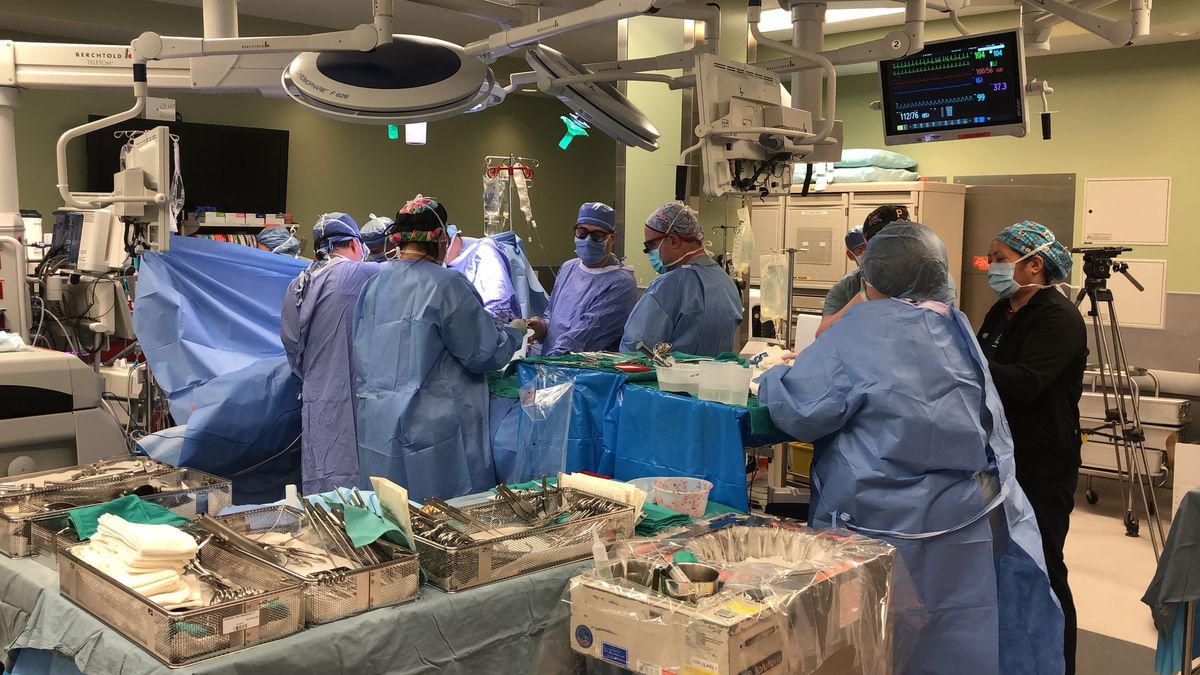Pediatric Liver Transplant:
Liver Transplant is performed in case of severe health issues in your child like liver failure or some very serious disease that led a child to liver transplantation. “We recommend a patient liver transplant only when the liver of a person does not work properly or and even the body cannot regenerate them.” – Dr. Gaurav Gupta. Dr. Gaurav Gupta very well known for the Best Liver Transplant in Mumbai.
The liver transplant was first performed in 1963 that gives a person opportunity to live a happier, longer and active life. Over time, innovations in the medical field and techniques that prevent the human body from rejecting the organs have increased the success rate greatly.
Dr. Gaurav Gupta a specialist in liver transplant is located in Mumbai helping tons of kids as well as adults to live their normal life by treating them. Dr. Gaurav Gupta has extensive experience in transplanting liver and a great success rate. Anyone can get their appointment and talk to him about their health issues, He is available in India’s major liver Transplant hospitals. `
Some main functions of the liver in the human body:
The liver is the largest organ of the body that performs many complex functions, for example, processing fats, carbohydrates, and proteins, and also helps in breaking down the most toxic substances for example drugs or alcohol, etc.
Dr. Gaurav the liver transplant specialist says ”Liver plays important role in clotting the blood by making a chemical component and it is medically absolutely true. The liver excretes bile (A yellowish juice that may accumulate in case of the liver not working properly) There is no way to cure liver failure in some cases but at an early stage some medications can help.
Cadaveric or living Donor:
After analyzing all the health history and reports of a child the next step is to find a donor. The liver donor can be a cadaveric (A dead person) or a living person. The living donor has to be a close family member or sibling to match everything with the patient. A liver transplant with a living donor prevents you from waiting for a long time for surgery.
Main concerns:
During the whole procedure safety of the donor is the main concern. The health of the donor should be good and the blood group should be compatible with the child. Some other tests were performed also to be very sure if the donor is suitable for donating in every aspect.
After transplantation, the liver of both donor and receiver regenerate and grow after the transplant. The process usually takes up to six months.
The procedure of liver transplant:
The surgery takes almost four to twelve hours depending on the condition of the child. The defective liver and gallbladder will be removed and replaced with the new one since the Gallbladder is not very essential so it will be not replaced. After a successful surgery, the doctors or surgeons keep monitoring the child with different screens and the patient will stay in the ICU for one or two days. The breathing tube has to be inserted into the patient and will be removed after 24 hours of surgery.
Recovery time after liver transplant:
Recovery after liver transplant surgery varies differently and depends on the condition of a child. Maximum it takes 8 weeks to fully recover but in some cases, if the child is stable enough he or she can be referred to their normal physician and can be discharged from the hospital after two weeks of full care.
After discharging from home some extra care is suggested and even have to collaborate with the normal physician and ask for the blood tests twice a week and the reports needs to be submitted in the hospital where the whole procedure of transplant take place.
Some potential complications:
A pediatric liver transplant is not a normal or minor surgery and it takes a lot of time to be recovered completely. In the recovery phase, the patient may face some potential complications like Hemorrhage is one of the reported issues. After that Thrombosis can happen and it is a serious complication that needs attention quickly otherwise there may be a need for a second transplant.
Rejection is another biggest complication that can occur after a transplant. This can be controlled or avoid by using proper immunosuppressive medications that help to decrease the resistance to foreign bodies.

